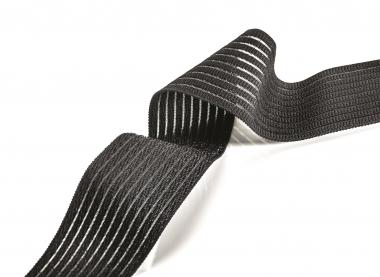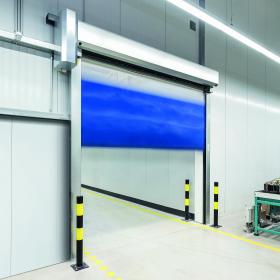Lectra to acquire 51% of TextileGenesis
- Lectra extends its software offer to material traceability
Lectra announces the signature of an agreement to acquire 51% of the capital and voting rights of the Dutch company TextileGenesis. As a major player in the fashion, automotive, and furniture markets, Lectra contributes with boldness and passion to the Industry 4.0 revolution by providing software, equipment, data, and services to brands, manufacturers, and retailers.
Founded in 2018, TextileGenesis provides a Software as a Service (SaaS) platform that enables fashion brands and sustainable textile manufacturers to ensure a reliable, secure and fully digital mapping of their textiles, from the fiber to the consumer, and thereby guarantee their authenticity and origins. This solution ensures the traceability of TextileGenesis’ customers' entire sustainable textile supply chain in order to meet the demands for transparency, driven by changes in legislation in a growing number of countries and by growing consumer awareness, thereby encouraging sustainable development.
Its innovative traceability mechanism, which addresses both ends of the textile value chain, as well as its network of partners for material certification, and its technology platform guarantee the exchange and tracking of reliable and secure data throughout a material's life cycle.
Several of the world's most prestigious fashion brands as well as leading sustainable fiber producers are already convinced of the value of TextileGenesis' innovative offer, which enables the connection of multiple actors of the sustainable fashion ecosystem on this platform.
At the beginning of January, Lectra will acquire 51% of TextileGenesis for 15.2 million euros. The acquisition of the remaining share capital and voting rights is expected to take place in two stages, in 2026 and 2028, for an amount that will be calculated based on a multiple of the 2025 and 2027 recurring revenues.
Industry 4.0, Lectra, Lectra Fashion PLM traceability TextileGenesis™ Lectra, Unternehmensstrategie, CEO
Lectra















